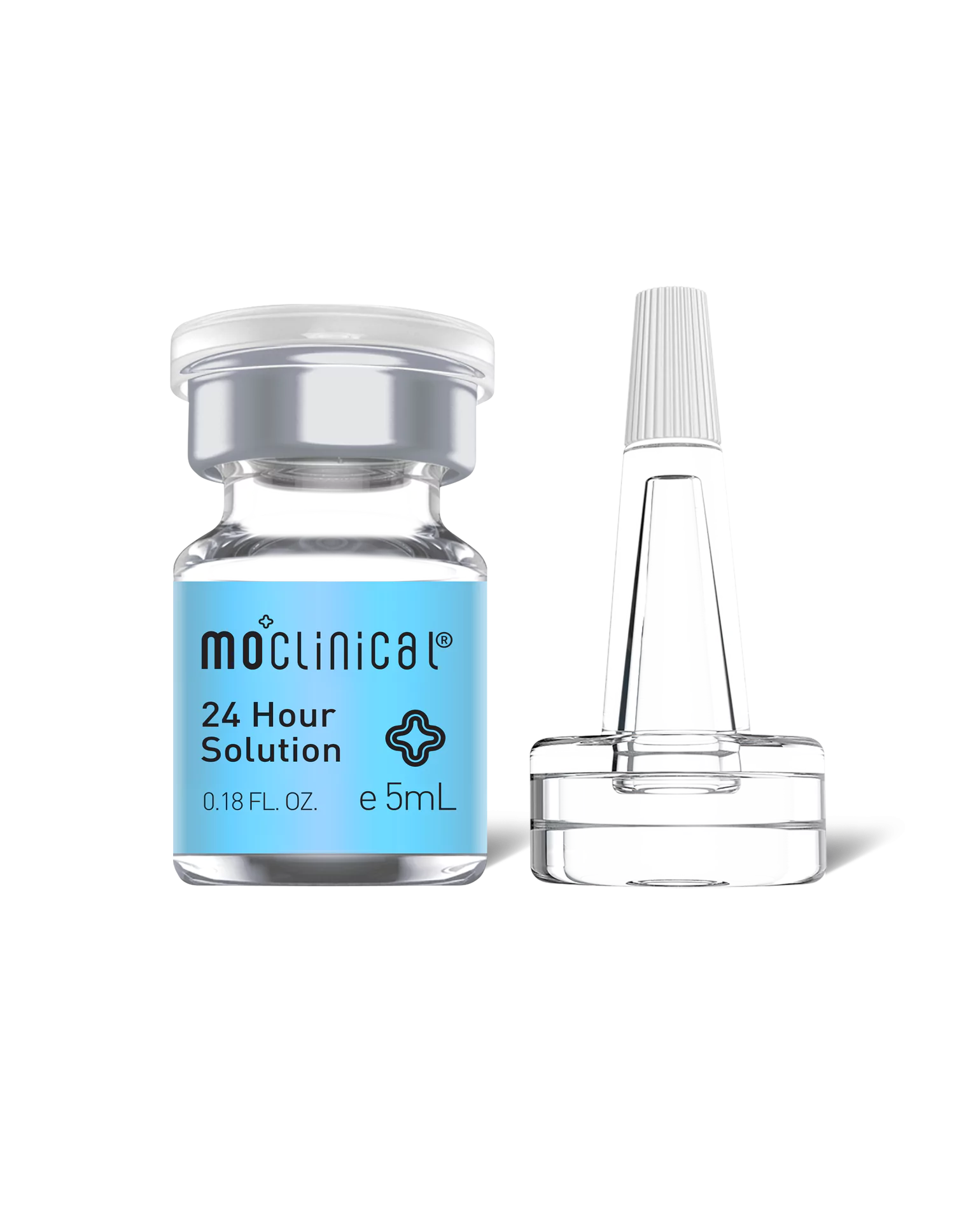Most skin care fanatics know by now that vitamin C is the miracle ingredient that brightens skin and neutralizes free radicals, but what about its sidekick vitamin E?
Vitamin E plays an important role alongside vitamin C, but what exactly does it do?
How Vitamin E Helps Our Skin
Vitamin E is a potent antioxidant that eradicates free radicals caused by pollution and UV exposure.
It’s found naturally in our bodies and in certain foods, like kiwis, avocados, and sunflower seeds. Most use vitamin E in an oil form, and it’s best used when diluted in a serum during the day. Beware: vitamin E may clog your pores when used as a facial oil at night.”
There are around eight different kinds of vitamin E. Vitamin E is actually the name given to a family of oil-soluble antioxidants. The one you see in your skincare, its most likely tocopherol. When applied topically, it is a potent anti-inflammatory agent and antioxidant that prevents oxidative damage to cells by helping to remove free radicals.
Vitamin E can be very helpful for a host of skin disorders. It encourages cellular repair from sun damage while also healing any scars or burns. With its anti-inflammatory and moisturizing properties , vitamin E has been shown to soothe and strengthen the skin barrier. It also serves as a moderately effective natural defense against the sun.
Who Should Use It
On its own, tocopherol is easily oxidized.
So, vitamin E is often paired with other antioxidants, such as vitamin C, that help stabilize and restore it. This combination is amazing for improving post-laser wound healing and redness. Because it is naturally occurring in the body, most people can use vitamin E with no problem. However, a small percentage of the population, around 1%, is allergic to vitamin E.
For the vast majority, vitamin E poses many serious skin benefits, it has been shown to relieve eczema for some people. If you’re new to using vitamin E, or your skin is on the sensitive side, try it out in a moisturizer first. (Serums usually have higher concentrations)
Who Shouldn’t
Vitamin E is not recommended for hypersensitive, very oily, or acne-prone skin.
Products containing topical vitamin E can cause breakouts in acne-prone skin because of it can be comedogenic . However, when mixed with vitamin C, it can actually improve the condition of skin. The antioxidant combination of vitamin C, vitamin E and ferulic acid, is excellent for people with dry skin but who are not prone to breakouts.
It is always a good idea to discuss supplements with your physician, as vitamin E can increase bleeding. People with vitamin E allergies who should avoid using it all costs. There are many people who are sensitive or allergic to vitamin E, especially when applied to damaged skin. Vitamin E should be used cautiously, and in an individual case by case basis.
Always consult with a board-certified dermatologist to not only get the latest data on a skin-care ingredients but to also maximize benefits of treatments and reduce risks.


